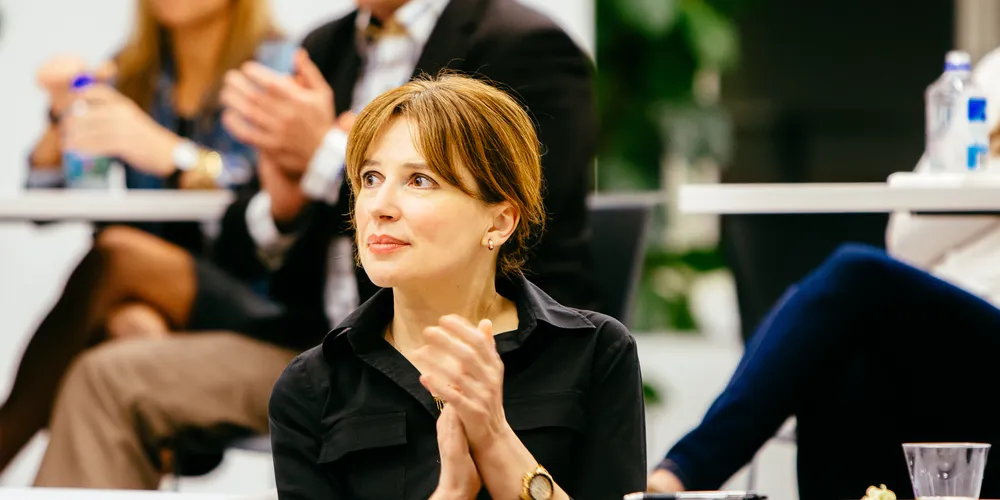Women in seafood: Icicle Seafood's Daniela Klimsova
'Let's focus on recruiting more women, developing career paths for them and let's give women more exposure to the executive circles and to the boards. Let's assign targets, budgets and man-hours to this and make it a continuous effort.'
